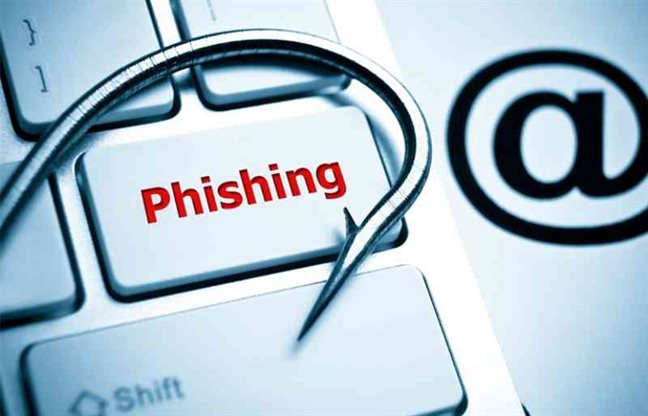Cyber Criminals Attention Shifting On ‘Email Phishing’
April 10, 2020, Kathmandu, Nepal
If someone calls you on your phone introducing himself/herself as your bank employee and asks you for your OTP, will you give him?
Not right? Cause we know that they might be a fraud and might probably be phishing us. But now it is time to aware of your loved ones about it, maybe your parents or neighbor are unaware of it. With the increase in numbers of hacks in these big companies, it is most likely that your loved ones can be victims of phishing.
With the increasing use of social networking sites, ‘Phishing’ has lately been emerging as a new form of cybercrime. Phishing is known as tricking people by making them give their identity, confidential details, and use their features. Their details can be further used to steal money from them.
This is an illegal way of accessing others’ information, OTP, and credit card numbers to steal money.
Division’s Cyber Section Chief Police Inspector Leelaraj Dangi said the risk of email phishing has increased. He added it is due to an increase in payment through email for purchasing goods from abroad. He is also concerned about emails of travel and tour companies coming under phishing scams.
Reports on Phishing
The Metropolitan Crime Division informed that around 10 -15 complaints about phishing attempts are received daily.
They informed me that there were about 452 cyber-crime related complaints registered in the past three months.
These criminals have tricked the public into giving them Rs 10 million through the social network in the name of the lottery. People ranging from 20 to 30 age groups make up the highest percent (39.92 identified as having been associated with cyber-crime.
The Division has filed cases under cyber-crime against 11 people so far in the current fiscal year.
How to protect yourself from a phishing scam?
Well, it is simple to know that someone is performing a phishing attempt on you. No bank employee would ever ask for your credit card details and OTP on the phone.
Banks well describe OTP and your important confidential details; you can visit your bank to understand about it. Phishing attempts can be made from several ways, calls, or messages or pop-ups; you need to be aware of it.
What if you receive a phishing email?
Firstly if you receive any suspicious emails, don’t click on any links attached to the email or reply to them.
For emails, it is simple. You just ignore it. It is impossible to win the one crore lottery you never applied for. You can just ignore the emails and report the email for scam/ phishing.
If the email claims to be from some companies or banks, you can check on the website and call them to confirm the email.
But still, there is no reason to give them your information. You can visit them personally to understand what the email was for and self analyzes if it is passable enough to provide them with details.
What if you receive a phishing call?
If you have received a call and found it suspicious, don’t panic. You can easily hang up the call if you find it unnecessary.
If the caller claims to be from banks or some agencies vital to you, you can tell them that you will visit the office.
It is a better way to say, “I will hang up now because I don’t trust you on the phone. I would rather meet you in person.”
And finally, report a phishing attempt to the police or any concerned government agencies. This might help them to track down these criminals and improve that one possible victim of phishing.






